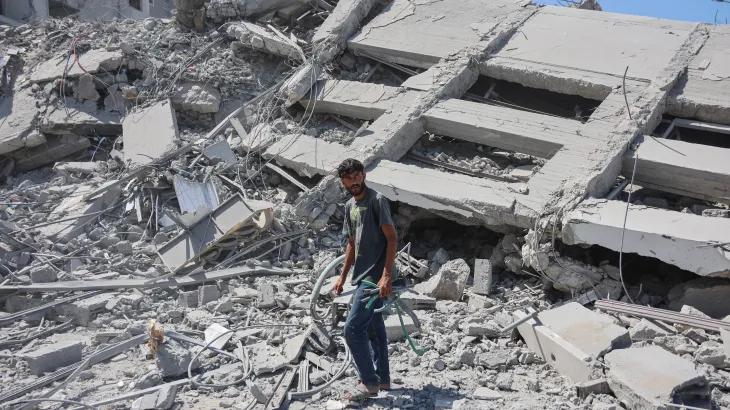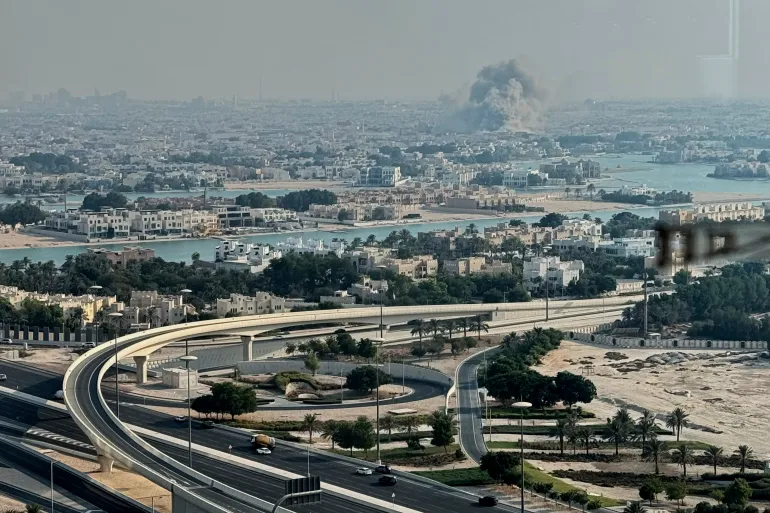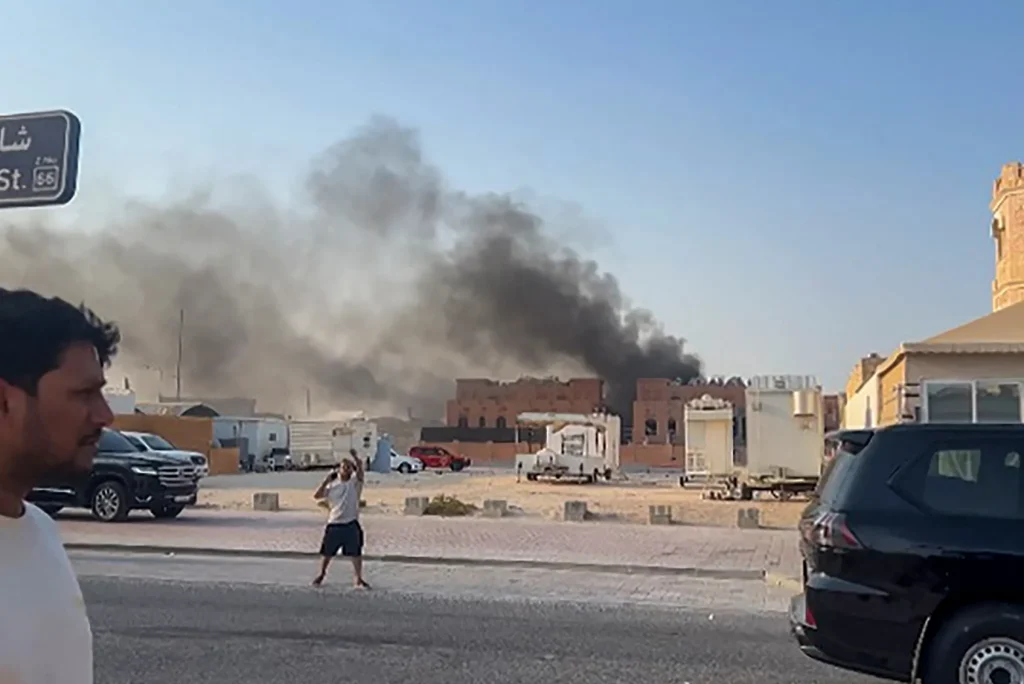On September 10, 2025 Gaza City, Gaza Strip – At least 72 people, including children and civilians, have been killed in a series of Israeli airstrikes in Gaza, escalating the already dire humanitarian situation in the region.
The strikes targeted densely populated residential areas, leaving families trapped in the rubble and further straining emergency response services.
Local authorities reported that many of the victims were sleeping in tents when the airstrikes hit. Hospitals in Gaza are overwhelmed, with medical personnel warning of an urgent need for humanitarian aid.
Doha Strikes Target Hamas Negotiators
Simultaneously, Israeli forces conducted a separate strike in Doha, Qatar, targeting senior Hamas leaders involved in ongoing ceasefire negotiations. The attack killed five Hamas members and one Qatari security officer. While top Hamas negotiator Khalil al-Hayya survived, the incident has been widely condemned as a violation of Qatar’s sovereignty and a setback to regional peace efforts.
Qatar Responds with Regional Mobilization
In response to the Doha strike, Qatar announced plans for a collective regional response. Prime Minister Mohammed bin Abdulrahman al-Thani condemned the attack as “state terrorism” and confirmed the establishment of a legal team to pursue accountability. Qatar is consulting with Arab and Islamic partners and is reportedly planning an Arab-Islamic summit to discuss further diplomatic and legal measures.
International Reactions
The international community has expressed concern over the escalation. The United States, while reaffirming Israel’s right to self-defense, criticized the strike in Doha as counterproductive to peace efforts. Similarly, the United Kingdom, European Union, and Russia have all called for restraint and a renewed focus on diplomatic negotiations to prevent further civilian casualties.
Human rights organizations have also condemned the attacks, highlighting the urgent need for humanitarian corridors and protection of civilians in conflict zones.
Humanitarian Impact
The Gaza airstrikes have intensified the humanitarian crisis, with shortages of medical supplies, food, and shelter. Aid agencies have warned that without immediate intervention, the situation could deteriorate rapidly, putting thousands more at risk.
Analysts warn that these coordinated strikes could complicate future peace negotiations, increase regional tensions, and trigger wider international involvement.
As the death toll rises and tensions escalate, Qatar’s call for a collective response reflects growing regional concern over Israel’s military operations. The coming days may prove critical in shaping the trajectory of peace efforts in Gaza and the broader Middle East.


